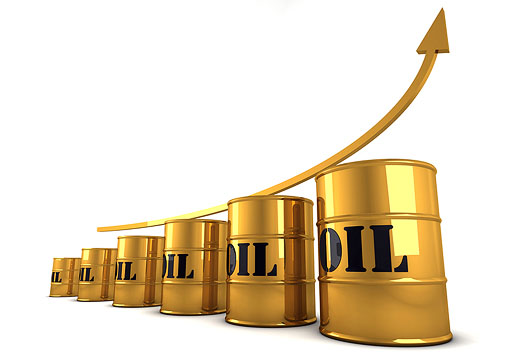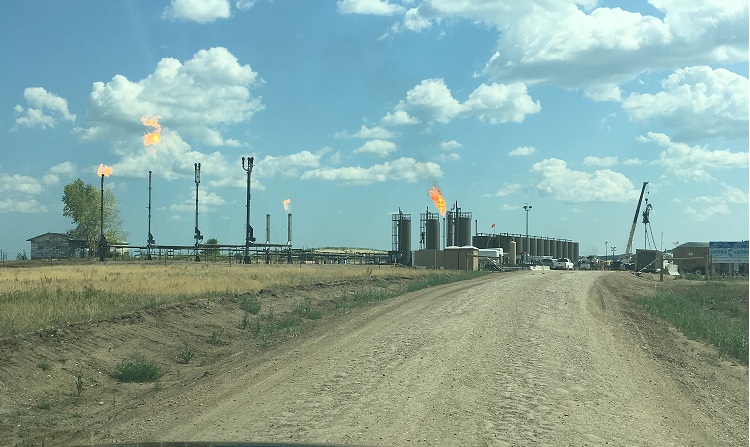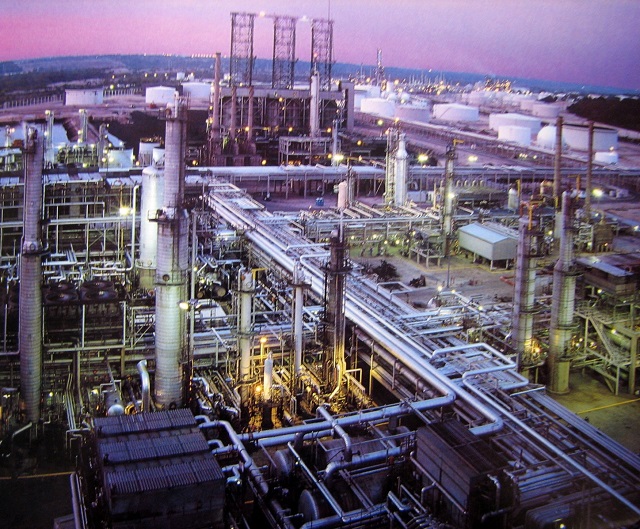
Gasoline prices are on the rise in the wake of Hurricane Harvey, leading to charges of price gouging from angry consumers. But the alternative to rising prices may be worse.
The mission of R-Squared is to foster civil, objective discussions on energy and environmental issues.

Gasoline prices are on the rise in the wake of Hurricane Harvey, leading to charges of price gouging from angry consumers. But the alternative to rising prices may be worse.
An estimated 30% of the country’s refining capacity was impacted by the storm. Some of that will likely be impacted for weeks. That means there is going to be a period in which we have too much oil, and too little gasoline and diesel. Ongoing price spikes are inevitable.
Some people use the phrases “peak oil” and “peak demand” interchangeably, but the two scenarios lead to entirely different outcomes.
California is home to 40% of the nation’s solar PV systems. Here’s how utilities there are preparing for the solar eclipse that will reduce output across the state by 6 gigawatts.

Peak demand is all the rage, which is odd considering that U.S. gasoline consumption has just reached a new all-time high.

The Bakken isn’t quite booming again, but on a recent trip there I saw plenty of signs that drilling activity is heating up. One thing that means that is flaring is evident almost everywhere oil is being produced.

Sanctions on Venezuelan oil imports would impact Citgo the most, but other U.S. Gulf Coast refiners could benefit from an embargo on the country’s oil.
Norway leads the world in the adoption of electric vehicles. Oddly, it lags its neighbors in reducing oil consumption.
Oil and gas companies got hit pretty hard in the first half, but the solar sector turned in a stellar performance.
The newest BP Statistical Review shows coal losing market share, while oil and natural gas both set new consumption records.